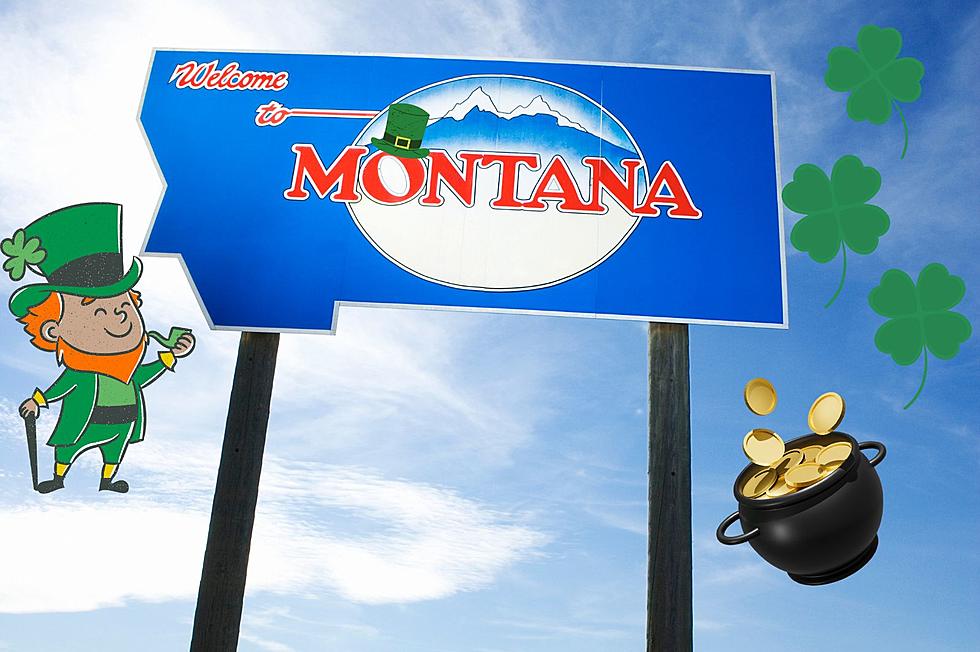
Tom’s Opinion on Immigration Reform
We are a nation of immigrants. No question about it. My family immigrated to the United States from Germany in the mid 1800’s. They came for three reasons, 1.) They were in danger of being drafted into military service, 2.) Germany sucked, and 3.) They were looking for a better life and opportunities not afforded to them in their home country. And therein lies the difference between the early immigrants to this nation and the law breaking, illegal immigrants we are so quick to legalize today.
I grew up in a predominately German community in Southern Illinois in the mid 40’s and 50’s. No one in my family ever mentioned Germany. Part of that might have been due to WWII ending two years after I was born. In spite of the large German population I can’t remember anyone speaking with a German accent or speaking German at all. In fact German, Spanish and Latin were the language choices I had in high school. I picked Latin because most language is structured from it. So what conclusion can I draw from that cultural observation?
American Exclusivity
True immigrants to this country didn’t expect the American government to help them out by printing voting ballots in 40 languages, paying for their housing, food or medical care. These immigrants, unlike those of today, who came legally didn’t get school classes in their own languages. They knew that coming here they would be expected to read, write and speak English if they expected to survive. In most cases the children taught English to their parents. And there were no safety nets like there are today for the “undocumented” or the “documented” to make their quest for the good life easier. They endured hardship, discrimination, ridicule and prejudice. But the desire for the American dream was just too strong. They didn’t attempt to make America Germany; instead, they made themselves Americans.
Hyphenated American
The practice of referring to immigrants as “hyphenated Americans” began in 1896 as a derogatory way to describe ethnic Europeans, with a perceived allegiance to common enemies of the United States. Two such groups most often targeted were “German-Americans” and “Irish-Americans.” A newspaper editorial cartoon at the time asked, "Why should I let these freaks cast whole ballots when they are only half Americans?"
In a 1915 speech at Carnegie Hall, Teddy Roosevelt gave the following remarks regarding hyphenated Americans:
“There is no room in this country for hyphenated Americanism. When I refer to hyphenated Americans, I do not refer to naturalized Americans. Some of the very best Americans I have ever known were naturalized Americans, Americans born abroad. But a hyphenated American is not an American at all... The one absolutely certain way of bringing this nation to ruin, of preventing all possibility of its continuing to be a nation at all, would be to permit it to become a tangle of squabbling nationalities, an intricate knot of German-Americans, Irish-Americans, English-Americans, French-Americans, Scandinavian-Americans or Italian-Americans, each preserving its separate nationality, each at heart feeling more sympathy with Europeans of that nationality, than with the other citizens of the American Republic... There is no such thing as a hyphenated American who is a good American. The only man who is a good American is the man who is an American and nothing else.”
Some Final Thoughts
After reading that quote some years ago I have personally stopped the insulting and derogatory practice of referring to Americans in hyphenated terms. So be forewarned, if you refer to me as a German-American you will be corrected. I have no beef with Germany or the fine people who call that country home. But even if my ancestry happens to be 100% German, I am and always will be 100% American.
More From KMMS-KPRK 1450 AM








![[POLL] Will You Got Back to Restaurants and Bars When They Open?](http://townsquare.media/site/8/files/2017/04/Adam-Berry.jpg?w=980&q=75)
